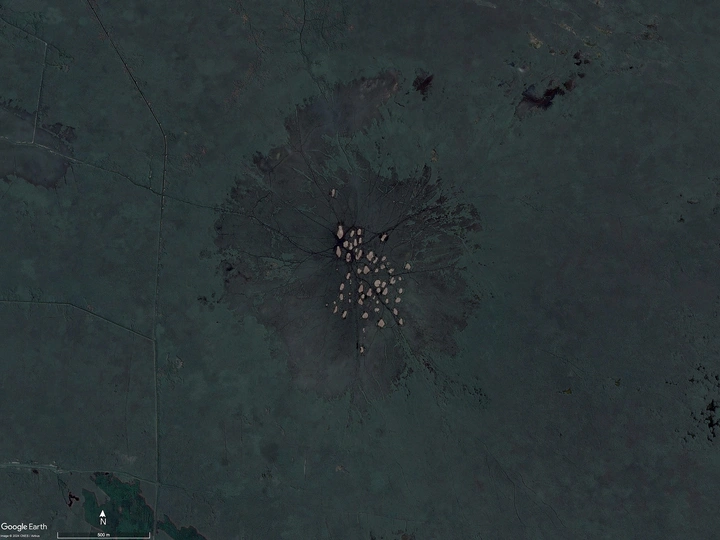Water, Reed, and Other Defensive Strategies

I am a research-based artist and architect. My multidisciplinary practice explores notions of power and resistance within overlooked and marginalized spaces, practices, and environments. I employ architectural tools and methods in combination with other media in challenging dominant historical narratives that shape collective subjectivity.
My forthcoming multimedia installation on the Mesopotamian marshes in Iraq will be exhibited on 22nd of June 2024 at Stedelijk Museum Schiedam and I will be screening a film essay with Sonic Acts in fall of 2024. I have previously exhibited at the La Biennale di Venezia (2021), participated in Sonic Acts residency and was a recipient of the Talent Development Grant by the Dutch Creative Industries Fund. My most recent essay 'Wetlands of Resistance' was published by e-flux in collaboration with “Fertile Futures,” the Portuguese Pavilion at the 18th International Architecture Exhibition, La Biennale di Venezia.
I am an organiser an editor at Failed Architecture and lead a design studio in Design Academy Eindhoven. I have previously taught at Gerrit Rietveld Academy Amsterdam and Academy of Architecture in Amsterdam.
I completed a Masters of Arts in Architecture from the Royal College of Art in London. I was born in 1988 in Iran to Iraqi-Iranian parents, raised in Sharjah, and currently reside in Rotterdam.
My research focuses on the Mesopotamian Marshes in Iraq as a case study to question and challenge the standard civilizational story of progress and social evolution.
With the support of Lina Community I want to further develop a film essay and installation that unpacks newly found fragmented archival materials and new testimonies that weave alternative narratives on the marshes. Additionally, I want to curate an exhibition that brings together examples of struggles in and around water from different geographies to draw parallels and commonalities that traverse national borders.
This long-term project began during a residency with Sonic Acts in 2021. It culminated in a public program curated by myself where I presented my work alongside Merve Bedir, Menna Agha and a film screening by Moad Musbahi. The project continued to develop and resulted in a couple of publications, lectures, and a forthcoming multimedia installation and film essay.
By employing a spatial lens, I explore the wetlands as far more than mere zones of ecological and cultural richness or biological diversity, but also a political arena where power, autonomy, and resistance are articulated. The marshes represent the geographic positioning and modes of organization and construction by the Ahwari people as deliberate design strategies.
The Iraqi wetlands, spanning 6,500 years, were a vital ecosystem covering 20,000 sq km, and a home to the Ahwari people, practicing distinct water-centric culture and traditions. Their autonomy clashed with ruling powers, branding them as barbarians, outlaws, or rebels. Since the 60s, state projects drained and altered the marshes, culminating in a 90% loss after the 1991 uprising. After American invasion in 2003, displaced Ahwari people returned and revived some marshes. However, in December 2023, authorities barred Ahwari people from one of the marshes to facilitate the construction of a new oil field, proving persistent environmental and ethnic injustices